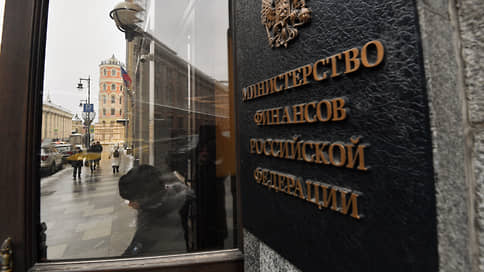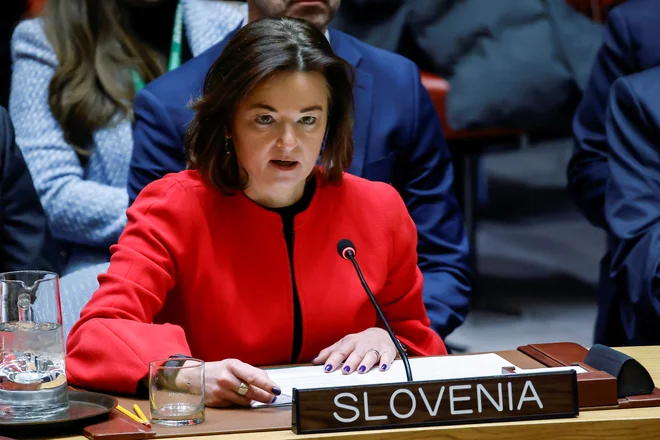Centralization of currency control is postponed until 2028

The Ministry of Finance published a draft amendments to the law on foreign currency control – the transfer of currency payments of state bodies and budgetary institutions for control of the treasury to increase the transparency and the effectiveness of such operations to be shifted to 2028 to 2026. The reason is sanctions imposed on the Russian Federation. The Ministry of Finance decided that the risks of redirecting the entire “budget currency” to “one window” are higher than the potential winning from the consolidation of control over foreign currency state calculations.
The Ministry of Finance proposes to postpone the entry into force of the norm of the law on foreign exchange regulation and currency control – it requires the centralization of foreign exchange payments and receipts of federal executive bodies and autonomous budgetary institutions in the accounts of the Federal Treasury (FC) in authorized banks. It was planned that all currency payments will be consolidated in the treasury since 2026 (the corresponding amendments were adopted back in 2022). Now the Ministry of Finance intends to shift the changes initiated by him for at least two years – by 2028. Note that this is not the first shift of the norms “to the right” – it was shifted annually, but now the department simply increased the step.
The new transfer of the Ministry of Finance, as before, explains the sanctions.
“The requirement for consolidation deprives residents of the opportunity to carry out settlements through their accounts opened in authorized banks from January 1, 2026, which, under the conditions of intensification of sanctions pressure, can have a negative impact on the possibility of residents of operations in foreign currency,” the explanatory note to the bill says.
It should be noted that the decision to delay the tightening of currency control could be affected by the blocking sanctions introduced in November 2024 against Gazprombank, through which payments for the export of Russian gas were received. This tightening “makes it impossible to conduct in the currencies of unfriendly countries the main managers of the federal budget funds … entitled to receive federal budget funds from the Federal Treasury in foreign currency, and creates difficulties with making payments in the currencies of friendly countries (with the exception of certain areas of expenses),” the ministry said.
That is, the Ministry of Finance de facto recognizes that the complete centralization of foreign currency flows has additional risks for the budget, for the execution of state contracts and the work of state bodies and state institutions.
Therefore, the agency proposes to maintain the current procedure until 2028: state bodies will still be able to independently open accounts in authorized banks, which diversify the risks of “non-fulfillment by residents of obligations in foreign currency”. The two -year delay is explained by uncertainty in relation to the deadlines for lifting sanctions and the absence of alternative mechanisms for making such payments.
Note that the inclusion of FC in the currency control circuit was to be a continuation of the treasury reform aimed at increasing budgetary efficiency (see “Kommersant” dated January 31, 2020). Implemented in 2020 and associated with the launch of the system of treasury payments (withm. « Kommersant » dated March 19, 2020) The reform turned FC into a state agent, which carries out all the ruble settlements of the federal budget in fact in real time. This, in particular, allowed the government to eliminate a number of departmental (including the territorial bodies of ministries) accounting and increase the transparency of calculations due to the abolition of unnecessary links and digitalization of the process (See “Kommersant” dated October 25, 2019). Also in FC, the management of the risk of budget payments was concentrated – for this, the service received temporarily free budget funds. Their volume reached at a launch of 4 trillion rubles, and the income of FC from the placement of this money on deposits and in other tools was estimated at about 1 trillion rubles. per year. The reform also had an anti -corruption effect, as it abolished the practice of independent placement of temporarily free budget funds on deposits by deposits (this impeded the implementation of state projects). The transfer of currency operations to the Treasury was also to save budget funds – FC, unlike banks, did not have a commission on such operations.
The Ministry of Finance and the Federal Treasury did not respond to Kommersant's request about the reasons for the deferment of the norm on the transfer of operations, about their volumes and the potential effect of the centralization of financial control.








